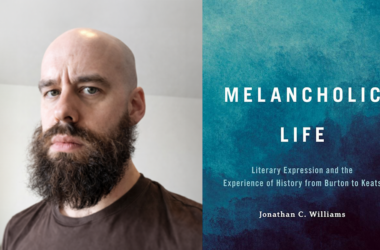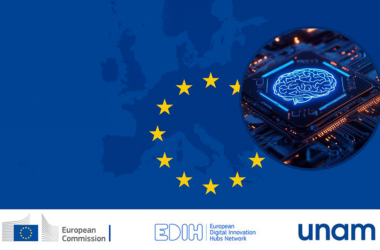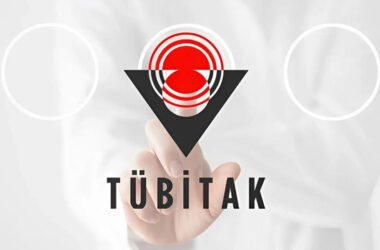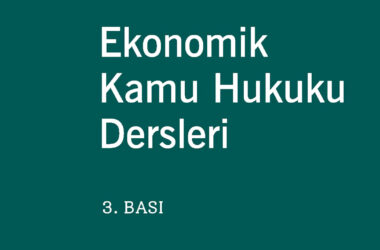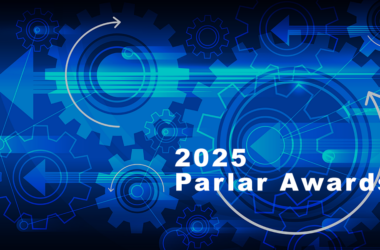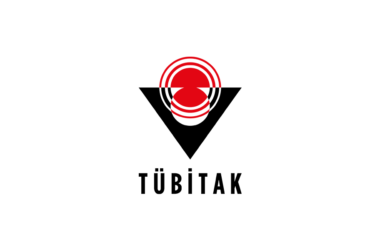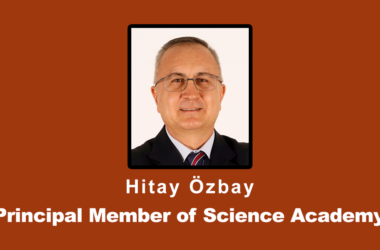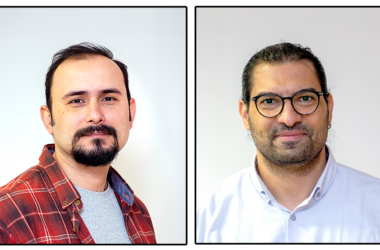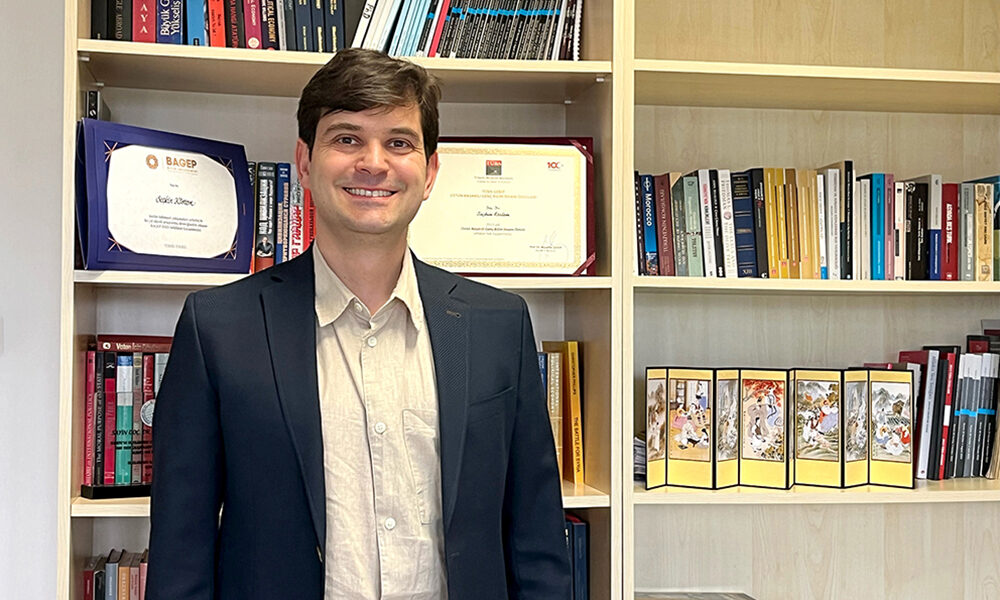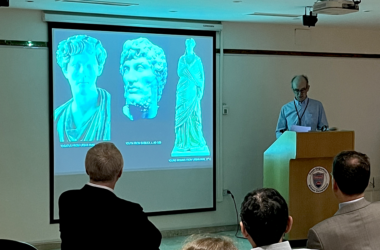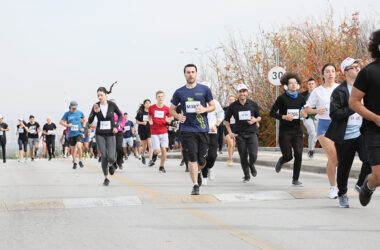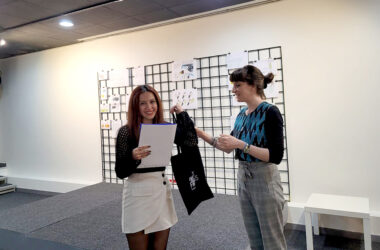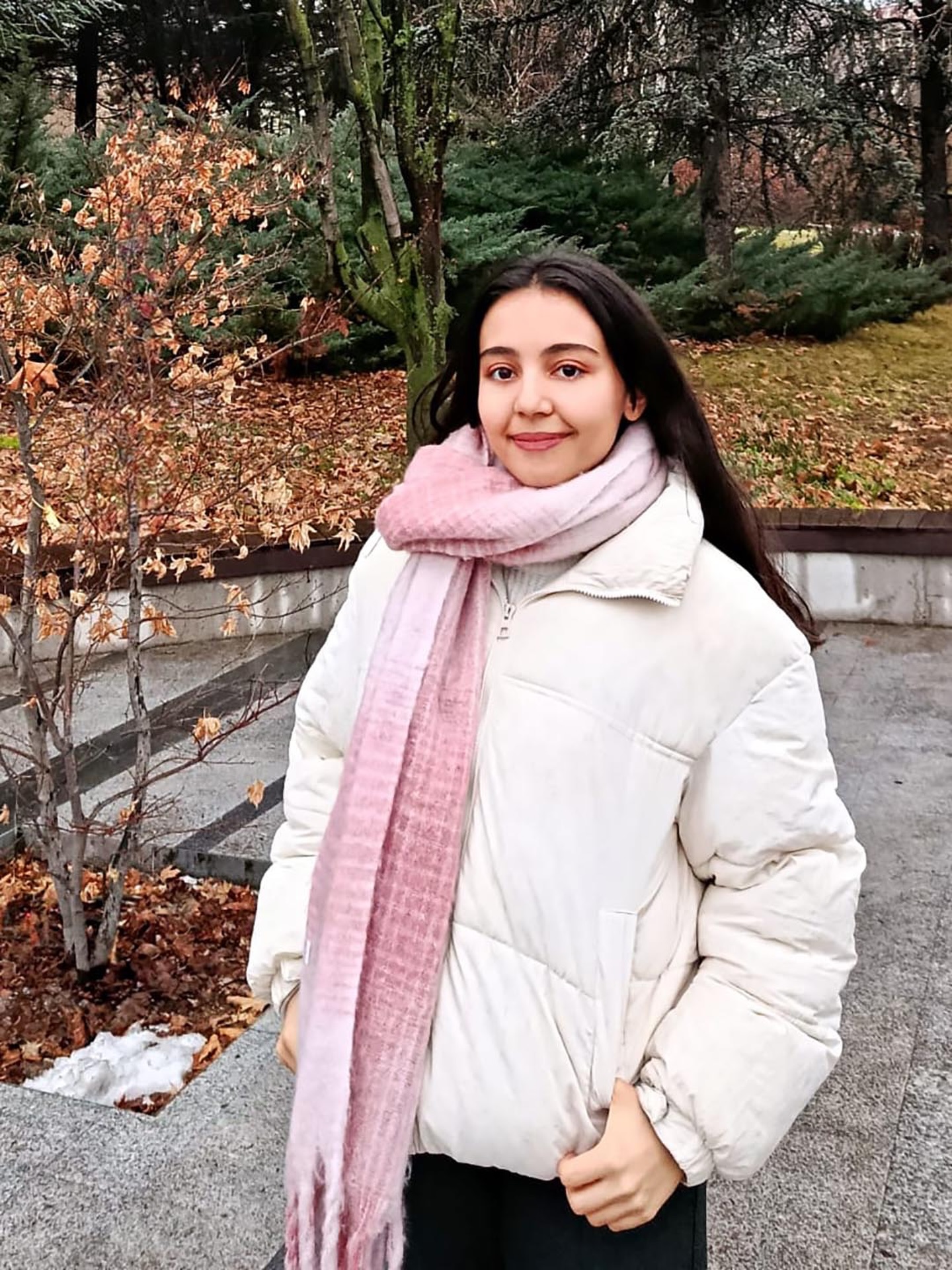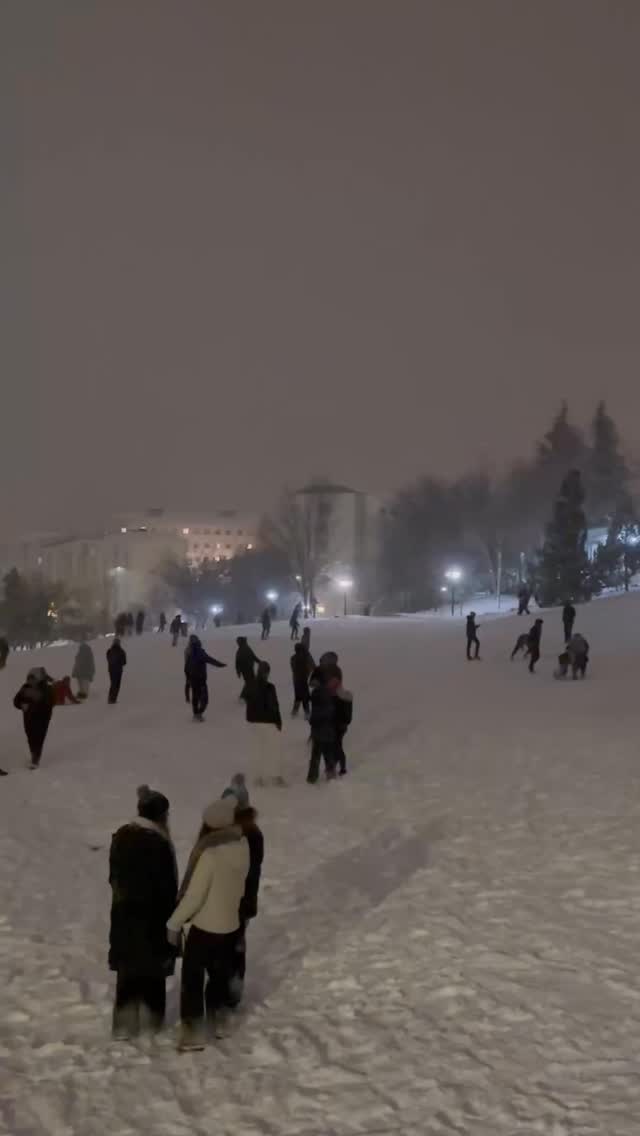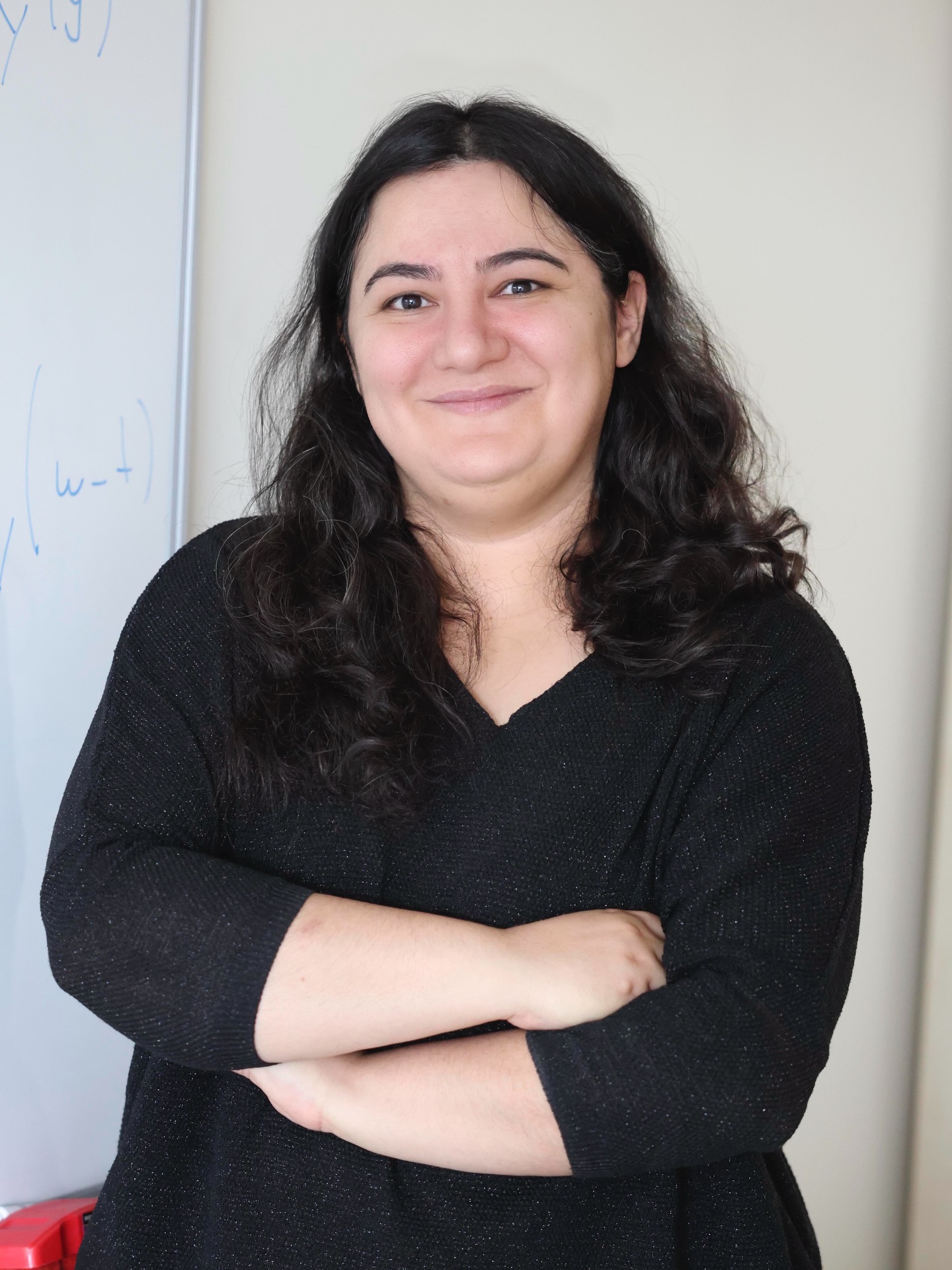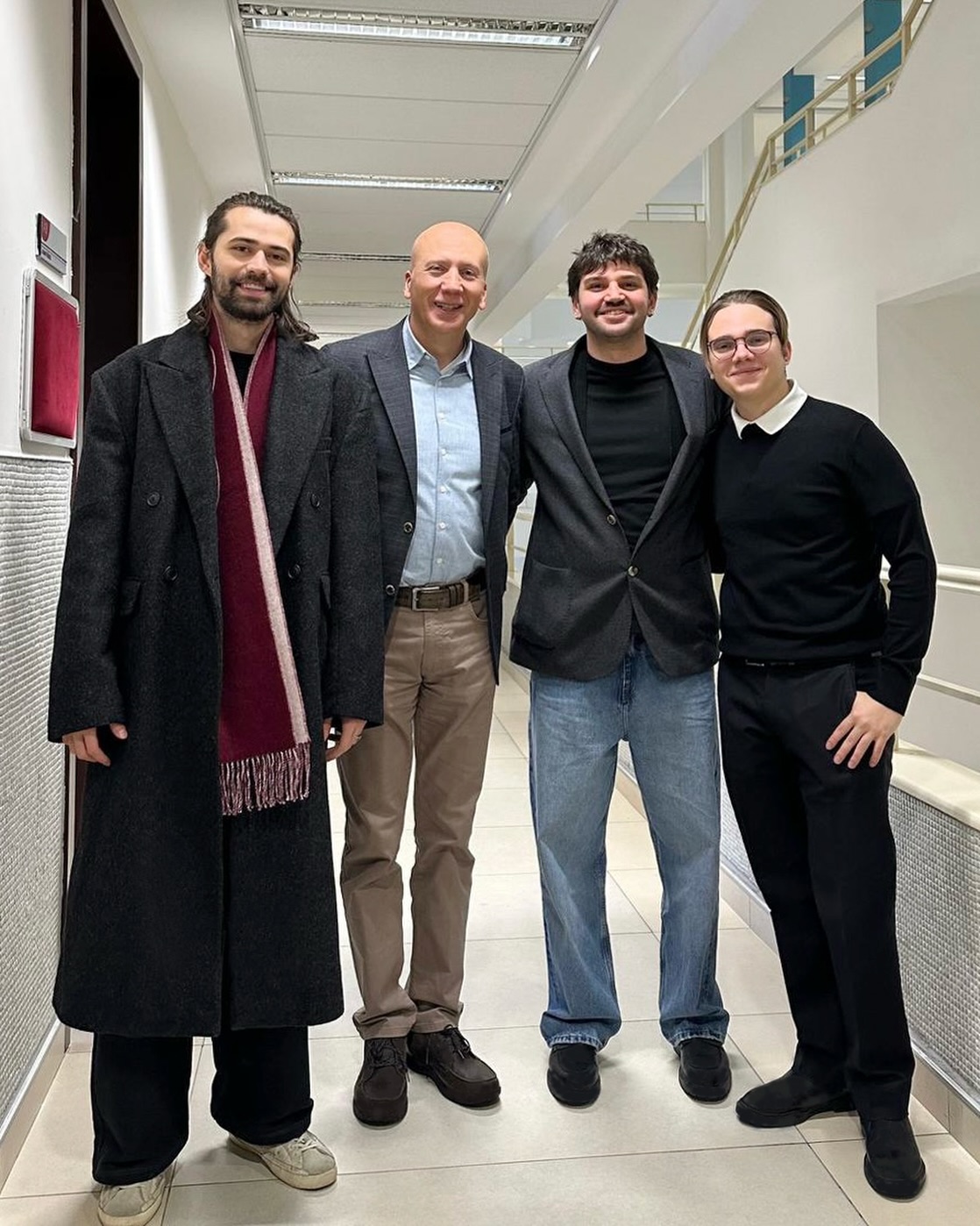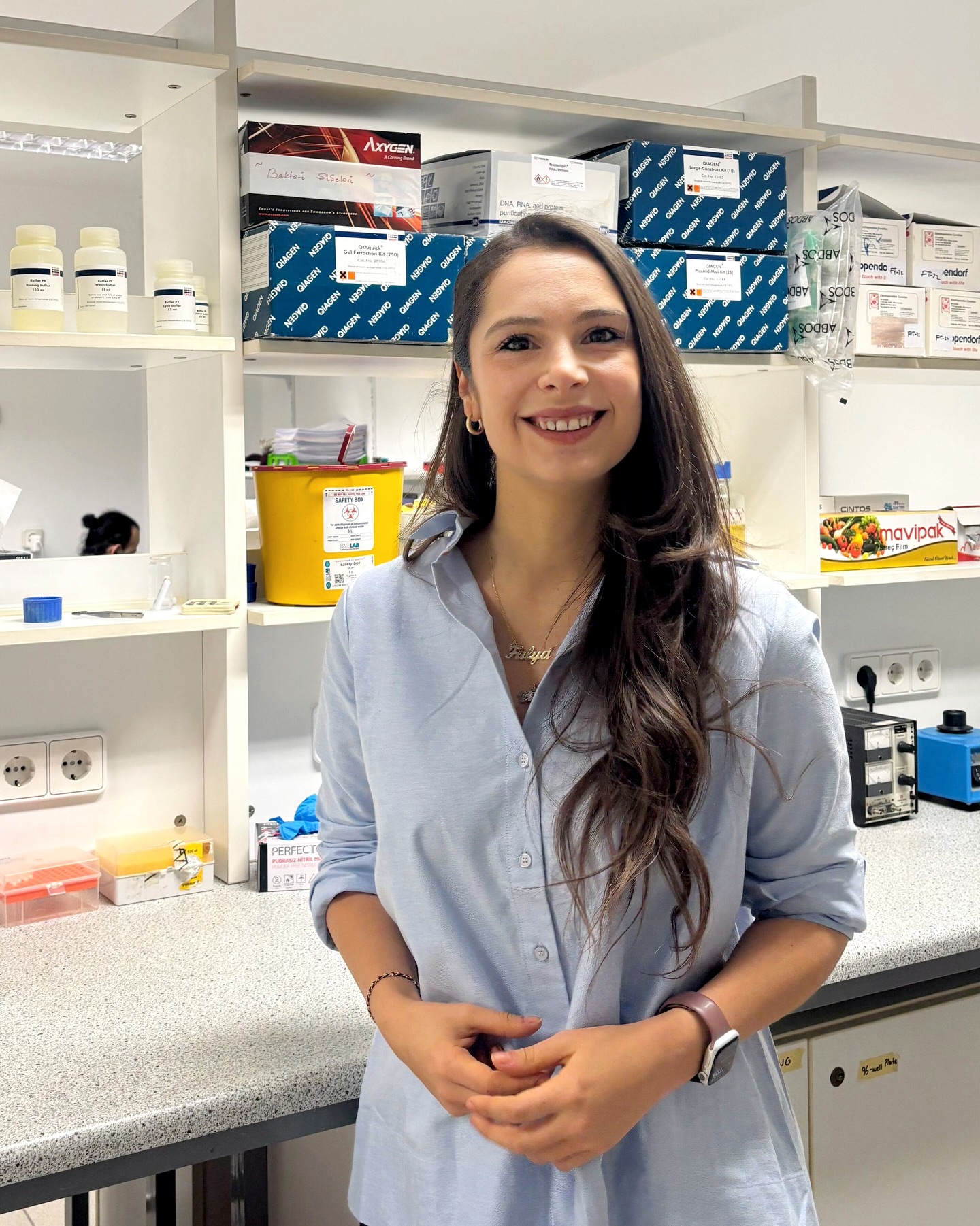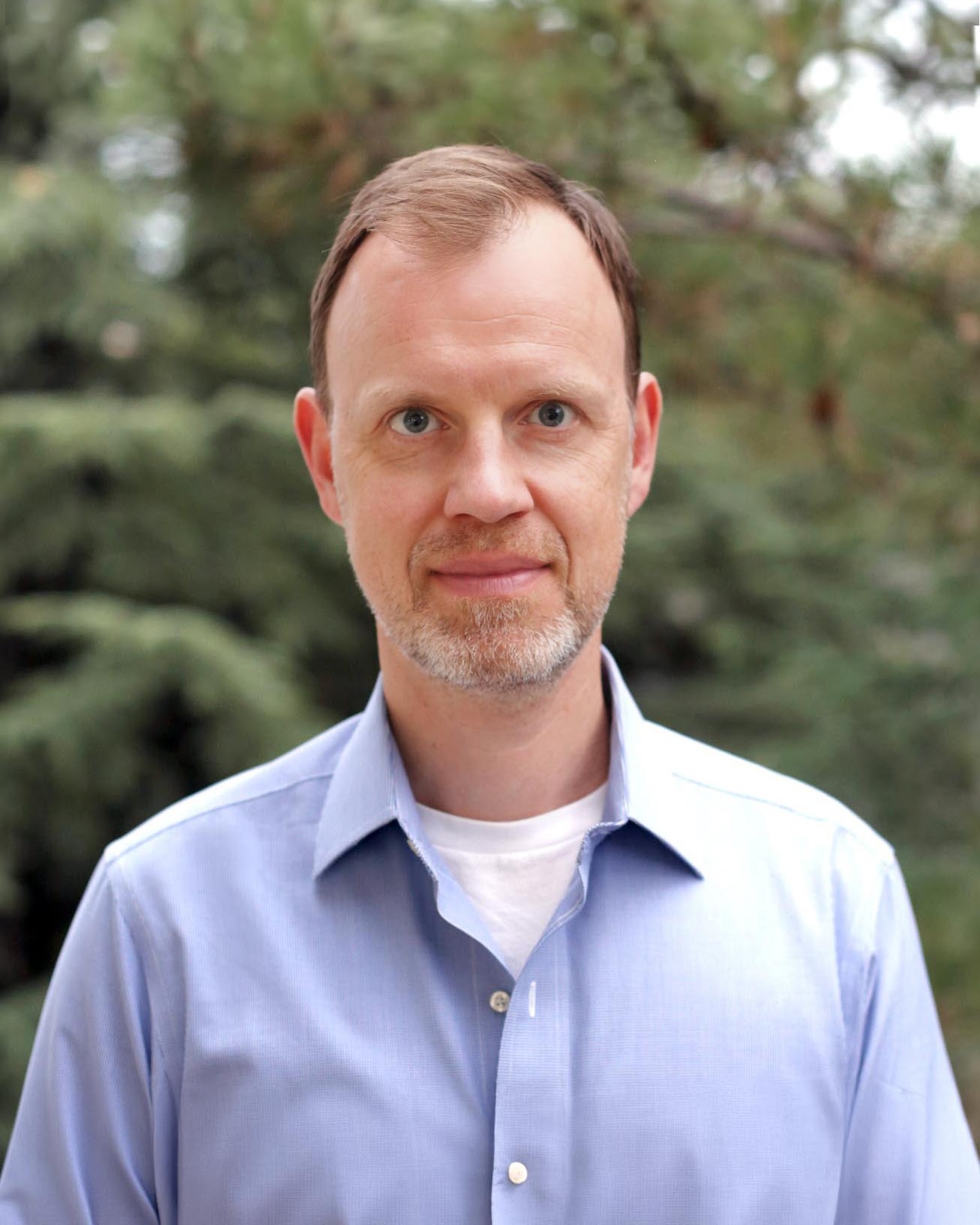BY EKİNSU POLAT (AMER/II)
Asst. Prof. Seçkin Köstem is an assistant professor of International Relations at Bilkent University. He obtained his BA and MA degrees from Bilkent University and his PhD degree from McGill University. His research focuses on Russian and Turkish foreign economic strategies, development finance and regional and rising powers. He has held visiting positions and fellowships at Kennan Institute, New York University, Columbia University, King’s College London, Moscow State Institute of International Relations and Leiden University. Dr. Köstem’s articles have been published in journals such as Review of International Political Economy, Foreign Policy Analysis, Cambridge Review of International Affairs, Europe-Asia Studies, Global Policy, International Journal and Third World Quarterly. He is co-editor of Turkey’s Pivot to Eurasia: Geopolitics and Foreign Policy in a Changing World Order (Routledge, 2019). He is currently a co-editor of Review of International Political Economy (2023–26) and an associate editor of All Azimuth: A Journal of Foreign Policy and Peace. He is a recipient of the Turkish Academy of Sciences’ Outstanding Young Scientist Award (2023), Science Academy’s (Turkey) Young Scientist Award (2023), the Turkish International Relations Council’s Incentive Award (2022) and Bilkent University Outstanding Teaching Award (2021). He is program chair of the International Studies Association’s International Political Economy section for 2024–25. He is teaching IR 101 (Introduction to World Politics), IR 399 (Summer Training) and IR 626 (International Political Economy).
What has been the most exciting moment of your career so far?
I think the most exciting moment of my career was when I found out that I would start as an assistant professor at Bilkent University in 2016.
What’s one piece of information from your field that you think everyone should know?
International relations is more complex than it is assumed, especially in mainstream media.
When and where do you do your best thinking?
It really depends on my mood. Sometimes it’s early in the morning in my office. Sometimes at a café in downtown Ankara with a nice cup of coffee. Sometimes, in a park, sitting and getting fresh air.
What distracts you?
Honestly, social media is the biggest distracting force in the digital age. It’s the main source of information, and I feel like I have to follow it frequently. But at the same time, it can turn into a distracting force.
What are you most curious about?
I’m most curious about seeing and visiting new places, especially territories that I have not visited before. I enjoy finding out about new people, new cultures and new regions of the world.
What’s the most common misconception about your work?
There are two things. The first is about my field of study, which is international relations. The common misconception is that everybody can have a good understanding of international politics by following mainstream media, which is a very big misconception. The second is about my profession, which is academia. The common misconception is that I only teach, which is not the case because teaching constitutes only a small amount of our general workload; the majority is devoted to research and writing.
What do you like to do when you are not working?
When I’m not working, I like walking. Especially if the weather is nice, I exercise as much as I can, watch TV (series mostly) and travel. Traveling, I think, is my biggest passion.
Which books have influenced you the most, and why?
This is a difficult question because I’ve been influenced by a lot of different books. In literature, it can be “The Brothers Karamazov” by Dostoyevsky due to its depiction of the society and interpersonal and social relations. Academically, it’s Rawi Abdelal’s “National Purpose in the World Economy” because it was the source of inspiration for my PhD dissertation.
If you weren’t an academic, what career would you choose?
I would probably be a diplomat and aim to serve my country in foreign service. Alternatively, I would probably want to be a writer in a geography journal and go to countries and write documentary series about them. That’s not very realistic, but in another world I would try to do that.
What is the secret of leading a happy life?
A happy family and a peaceful working environment that allows you to pursue your dreams. Family is of crucial importance; that’s the main source of happiness. But at the same time, your professional life should allow you to do what you aspire to do, what you dream about doing. And academia is the reason I chose this profession instead of pursuing another job, because I wanted to be independent. So, a happy family life, coupled with a job that allows you to think independently.
If you could go back to your undergraduate/graduate student years, what advice would you give to your younger-self?
Travel and travel more, would be the advice that I would give to myself. Undergraduate and graduate years. I think, they are the years when you are the most independent in your life. Not financially, of course, but, time wise. So, travel to the extent that it’s possible, both in Turkey and outside Turkey. If it’s difficult to travel outside Turkey, make sure that you travel as much as you can within this country because we are living in a beautiful country. I think that’s the best advice I would give to myself. I would also probably try to get as much advice as possible from more experienced people. I have come to appreciate the value of experience in life as I grew up and as I developed my own career. That’s not what you think when you are a young person. There is a wisdom to what the older generations tell you. So, listen to as many people as possible.
Why did you choose an academic career?
I wanted to develop a career that allowed me to be as independent as possible and I thought academia would be the best pathway for me to pursue independence and autonomy in the workplace. Also, I had a passion for research, reading and writing. So, combined altogether, academia was the best option to pursue all of these at the same time.
What do you like the most about being at Bilkent?
I can think about several reasons. The campus is lovely. I really love the campus as a Bilkenter. I’ve enjoyed it quite a lot since 2004. That’s when I got into Bilkent as a student. Also, as an institution, it’s the best place to work in this country as an academic due to the various opportunities that it offers to professors. Even more importantly, the academic independence that it provides to its professors is invaluable.
What projects are you working on currently?
I’m working on several projects. One big line of project that I’m working on explores how the West and China are co-transforming each other’s development paradigms. We live in an age of the green transition and the renewable energy transition. So, both the Western and Chinese actors are quite active in providing foreign direct investment to countries in the developing world, but they have their own priorities. Over the years, the dichotomy between the West versus China has been gradually fading. Or in other words, the developmental paradigms of the United States and Europe on one hand, and China on the other hand are increasingly converging. I focus on these dynamics, taking the green transition and renewable energy investments as my focal points. In my second line of research, I study the various dynamics of Turkish-Russian relations and the regional order in Eurasia. That includes the economic, security and the normative dynamics of Turkish-Russian relations and the transformation of the regional order in Eurasia.
What’s your best work?
It’s an article that I published a few years ago, in Review of International Political Economy on the transformation of Western-led and China-led development finance in the energy sectors of countries in Central Asia and the Caucasus. It’s an article that I coauthored with a colleague at Leiden University in the Netherlands. It’s important to me because it turned into a starting point for my next big project. So, I used it as a starting point to develop a larger research agenda, looking at the future of the development paradigms and how the green transition shapes the development paradigms, as well as the rivalry and cooperation between the West and China.
What excites you about your work? And what is the coolest thing about your work?
I am excited about exploring how in the regions that I focus on, the historical continuities are met by current dynamics and how the political and economic actors in these regions keep learning from each other and shape their identities and transform their political and economic priorities. In other words, how history and the contemporary co-shape each other, especially in Turkey, in the Middle East, and in Eurasia, which are the regions that I focus on in my work. Instead of the dichotomies that we take for granted, how countries in this region learn from different actors and how they shape their priorities based on the geopolitical and the economic rivalries, while at the same time having learned from historical developments. Then the coolest thing about my work is the complexities of the regional realities and the fact that I am the one to explore those.
Could you share a turning point or defining moment in your career?
There are many actually. One definitely is when I started my PhD at McGill University in Canada and another turning point is when I started my job at Bilkent as an assistant professor. Another turning point was when I took up the position of vice chair in the Department of International Relations and another turning point in my career would be when I won the Science Academy’s outstanding young scientist award (BAGEP) in 2023. I cannot really refer to one single turning point in my career but those are the 4 important turning points.
Why did you choose Bilkent?
I chose Bilkent because it’s the top university in Turkey. It’s internationally recognized, which I realize, each time I go to an international conference and Bilkent’s reputation stands out. The second reason is the independence as I mentioned earlier. The independence and the autonomy that it provides to its academics.
